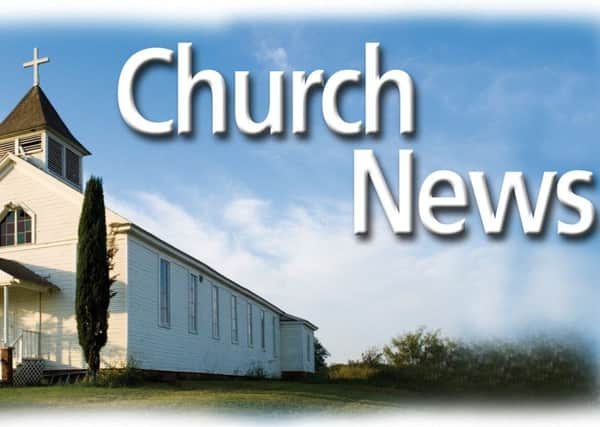Thought for the Week: Amazing Grace


Some cars and vans passed me doing 80mph and then, on a quiet part of the motorway, a car passed me doing about 100mph. It disappeared from sight very quickly. Presumably the driver felt able to drive at that speed because there was little possibility of him being caught by a speed camera.
A little further on we came to a short stretch of the motorway where there is average speed camera surveillance. Every vehicle, without exception, drove at 50 mph! Why did everyone keep to the speed limit on that of part of the motorway? Because, if they drove too fast, the cameras were certain to detect it and they would be fined and have points on their licence. The evidence of the cameras would make conviction certain.
Advertisement
Hide AdAdvertisement
Hide AdOur fallen human nature means that we are all most likely to break laws when we think we will “get away with it” and, in many cases, we do. Yet our leaders seem to think that making more laws will change people’s behaviour. In 2010 a record 3506 new laws were introduced in Britain, 10 each day. The task of enforcing those laws, and all the other laws, is becoming impossible. In the absence of certain detection, laws have a very limited effect on how people behave.
The most important laws are God’s moral laws, summarised in the Ten Commandments. Few of us seem to have a sense of our ultimate accountability to Almighty God for the way we live. However, the Bible, and our consciences, tell us that “everyone has sinned; we all fall short of God’s glorious standard.” When we realise that divine judgement is certain for us all, our sense of guilt and helplessness can be overwhelming. At such times, we know we need a Saviour.
In one of his hymns Horatius Bonar summed up his faith, and the faith of all Christians. “Upon a life I have not lived, upon a death I did not die, another’s life; another’s death, I stake my whole eternity. Not on the tears which I have shed, not on the sorrows I have known, another’s tears; another’s griefs, on these I rest, on these alone. O Jesus, Son of God, I build on what your cross has done for me; there both my death and life I read, my guilt, and pardon there I see.”
By Peter Milsom